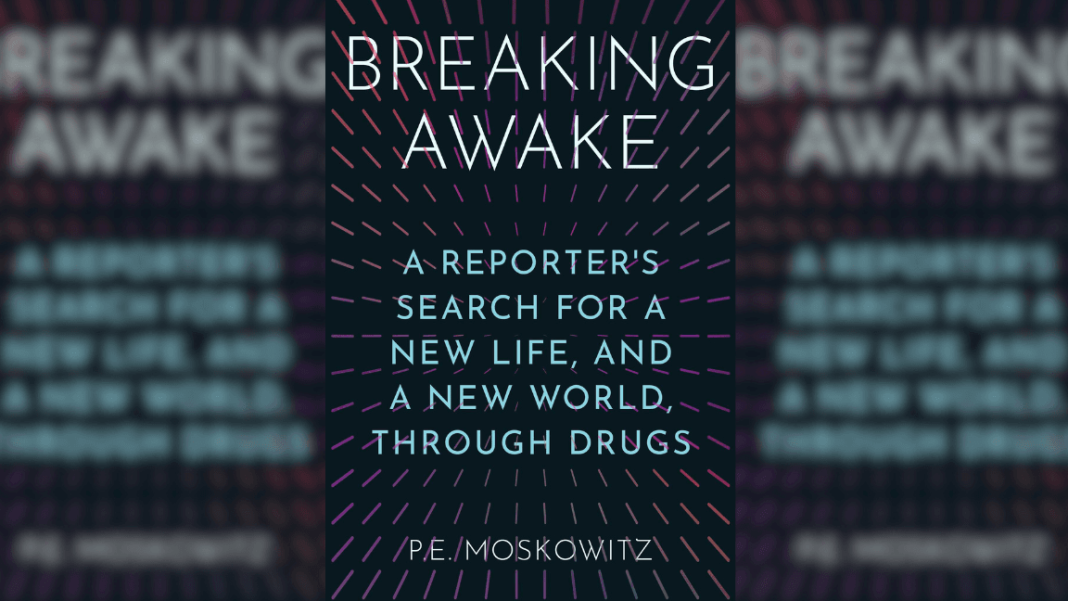Are there any advancements in drug policy you discovered during the research process that made you genuinely hopeful?
Not really. [Laughs.] There’s been lots of really good moves towards that kind of stuff, like I report in the book about activists in Vancouver who were doing this study called the Compassion Club, where they would sell the drugs that people were were using on the streets of Vancouver, like heroin and meth, but they would sell them in very regulated ways, where they were keeping track of people’s health, testing the drugs to make sure they were 100% pure and not contaminated with things like fentanyl, and it was working. It was keeping people from overdosing. It was keeping people alive. That, combined with lots of other things we’ve seen across the US and the world in terms of drug-testing and safe injection sites, all these things are really good signs, but to start off with, they were never enough, you know? They don’t really address the root problem of why people use so many drugs and use drugs so dangerously. And that’s because people are in an immense amount of physical and emotional pain, right? So no matter how safe you make the drugs, that’s not going to solve that original problem.
And what happens with the harm-reduction movement is the same thing that happens with everything, which is the government giving it temporary support and not enough funding, and then it doesn’t work as well as people want it to, and then they declare it a failure, and then they break it all up. So I think, unfortunately, that’s the era we’re in now—the same as with education and science. You underfund it, you undercut it, and then you declare it a failure, so that you can then destroy it. So I think, unfortunately, we’re in this kind of reactionary backlash to the very simple idea of seeing drug users as people who deserve to live.
How do you toe the line of talking about the very real dangers of overprescription and cultural drug reliance without veering MAHA?
I mean, that’s something I constantly think about, because unfortunately, MAHA has taken over the discourse about all this stuff. I’m old enough to remember the ’90s, when being skeptical of the motivations of prescription drug companies and being skeptical of our corporate-controlled food system was a very left-wing-coded thing, right? And I think unfortunately, because RFK Jr. and the MaHA crowd have taken up that mantle, they’ve kind of poisoned the well for everyone else. [People] see the truth. They know the food we’re eating is laden with chemicals. They know that the drugs we’re being given, while they can be helpful frequently, aren’t enough, or they have side effects, or whatever; those are all just factual things that anyone can see. But then when you Google around asking about that stuff, it’s now just completely been captured by the right. So that’s part of the reason I write about what I write about. I want there to be a perspective and information from the left, or whatever you want to call it. I’m not anti-medication and I’m definitely not anti-vaccine, but I’m anti-the corporate control of our scientific medical-industrial complex that gives us not enough options, that gives people bad information, that hides negative information about any of their products. I think it’s just important to be out there speaking about these things, so that it’s not just all these crazy people doing it.
#Breaking #Awake #Journalist #P.E #Moskowitz #Examines #Cultural #Relationship #Drugs #Kinds


